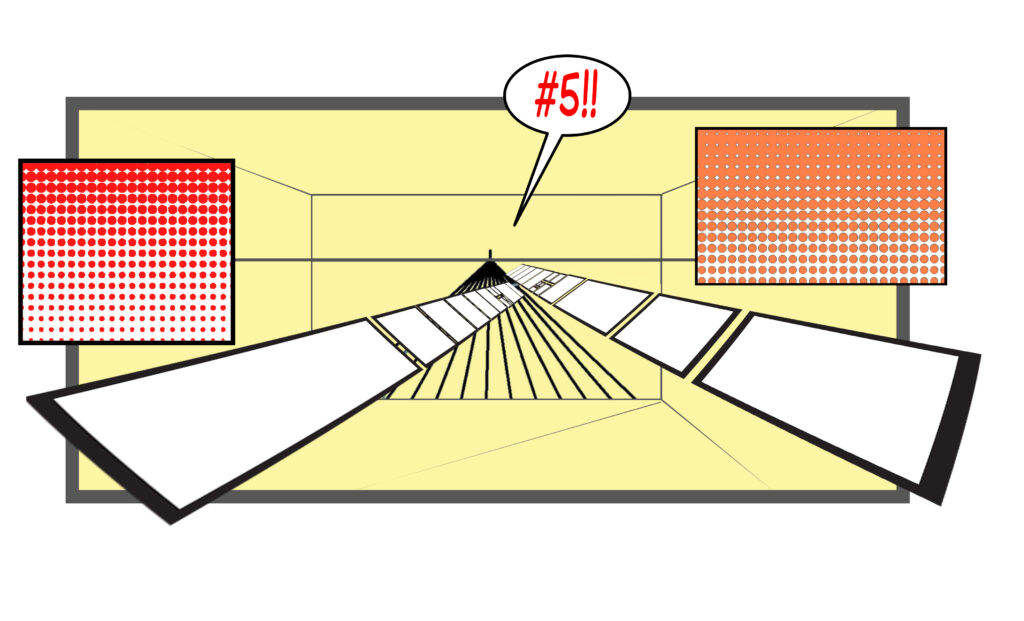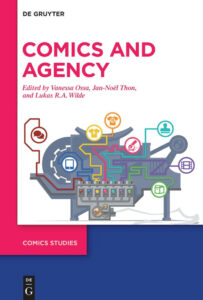Call for Nominations:
Martin Schüwer Publication Prize for Excellence in Comics Studies
Annual award for the best article by an early-career scholar, organized by the German Society for Comics Studies (ComFor) and the Committee for Comics Studies at the German Society for Media Studies (GfM)
The German Society for Comics Studies (ComFor) and the Committee for Comics Studies at the German Society for Media Studies (GfM) are announcing for the sixth time in 2024 the Martin Schüwer Publication Prize for Excellence in Comics Studies. The prize has been awarded annually since 2019. It supports scholars who, regardless of their actual age, do not yet hold a permanent academic position. By honoring outstanding publications in the field of interdisciplinary comics research, the award aims to create more visibility for comics-related research, promoting and communicating its importance to a wider public.
The prize is named after the late Martin Schüwer, a scholar of English Literature and Culture who specialized in comics studies and who, very unfortunately, died at a far too early age in 2013. His dissertation Wie Comics erzählen (2008), published 16 years ago, has opened up new ground for narratological comics research and has become a standard work in German-language comics studies. With this and his other works on comics as well as on the didactics of English literature, Martin Schüwer set valuable standards regarding the excellence, accessibility and range that publications in our fields can achieve. Both as a comics researcher and as a person, Schüwer had a distinct way of talking to people, characterized by his open-mindedness and a genuine interest in others. Talking to and with others, he aimed to advance comics studies. We dedicate the award to him and this very goal.
Submissions and Nominations:
Accepted for nomination are published articles of chapter length. They may have appeared in anthologies or journals, as chapters, or within longer monographs, but also as essays and other text forms of similar length. The submitted and nominated texts may have been written by one or more authors. All authors must not hold a permanent academic position at the time of nomination.
Contributions nominated for the Martin Schüwer Prize 2024 must be published in German or English between January 1, 2022 and December 31, 2023. Texts yet in print or only accepted for publication cannot be considered. Repeat submissions are not possible. Also excluded are complete monographs and unpublished qualifying publications. The editorship of anthologies or journal issues is not eligible for nomination, but individual contributions in these collections are.
Nominations are to include the recommended text as well as a short substantiation (300-500 words). Self-nominations are possible and welcome, the jury would also particularly like to call for third-party nominations of impressive texts. Deadline for all submissions is April 30, 2024. Please send your nominations as one complete PDF to schuewer-preis@comicgesellschaft.de.
Prize and Award Ceremony:
The official announcement of the award winner will take place during the annual conference of the German Society for Media Studies (September 25.–28., 2024; Johannes Gutenberg-University, Mainz ). The award ceremony with an invited lecture by the award winner will take place at the annual conference of the German Society for Comic Studies (October 23.–25., 2024; University of Groningen, Netherlands). The laureate will also receive the prize money of 1000 €, will not have to pay the membership fee of the German Society for Media Studies (GfM) for one year and will become an honorary member of ComFor for life.
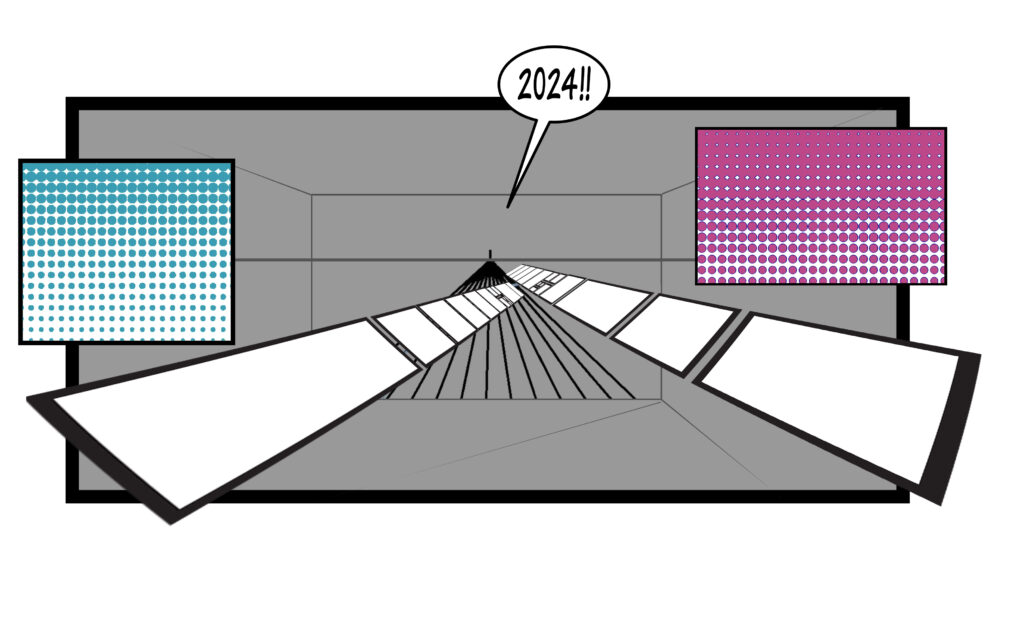
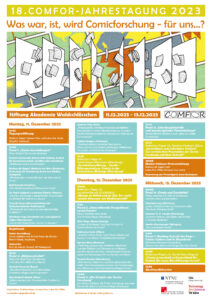
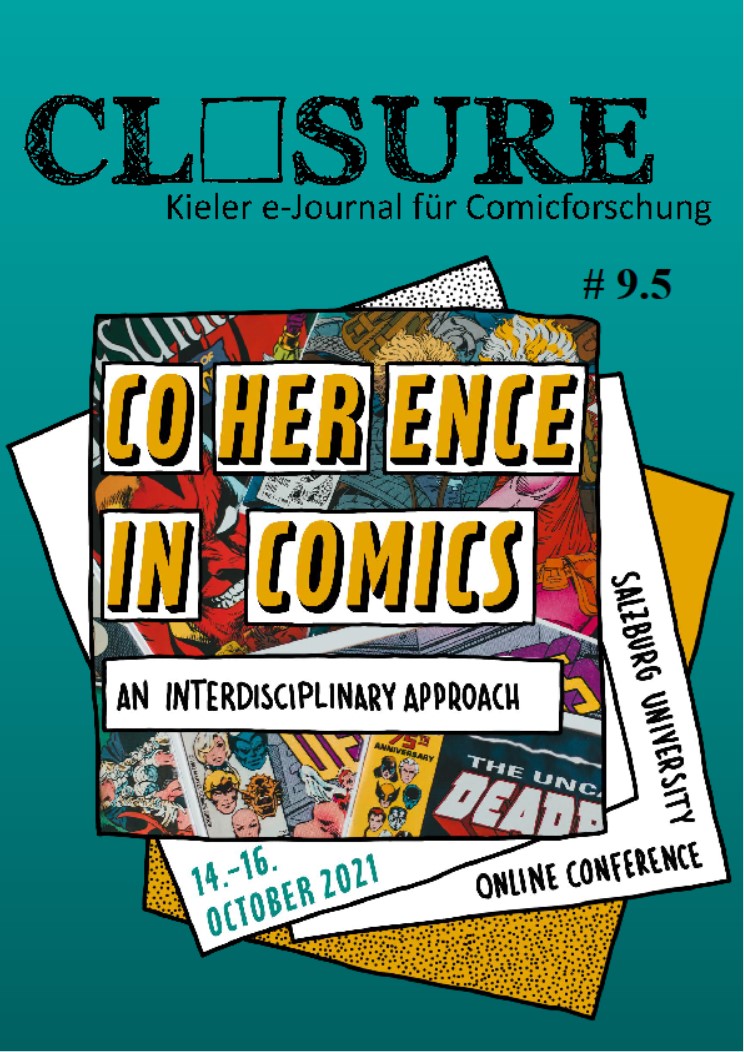 A special-themed issue #9.5 of
A special-themed issue #9.5 of 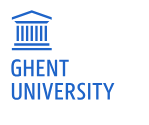 On September 18/19, 2023, the conference “Comics, the Children and Childishness”, will take place in presence at
On September 18/19, 2023, the conference “Comics, the Children and Childishness”, will take place in presence at 